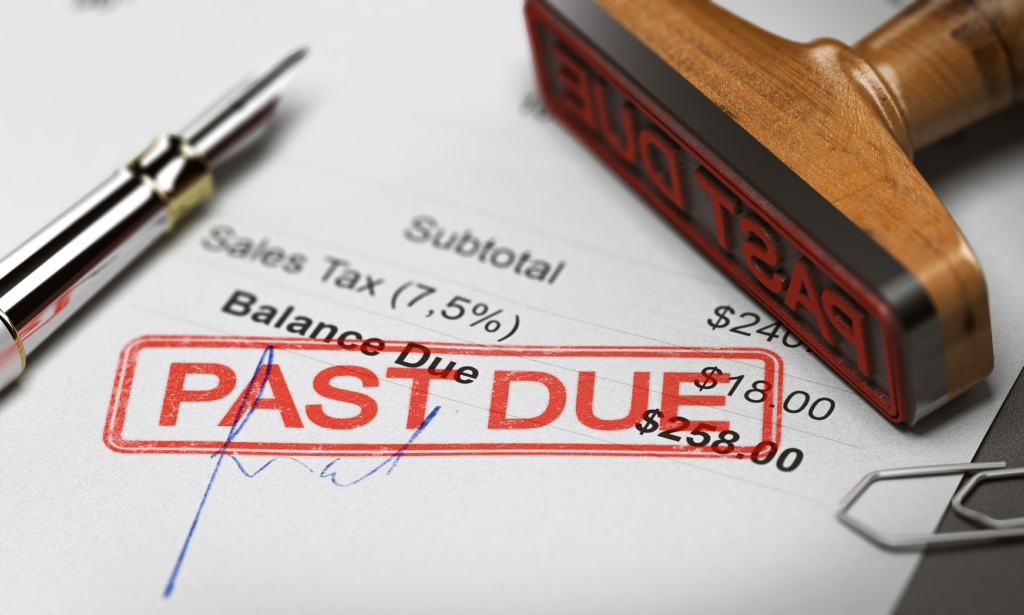We’ll soon find out if Texas lawmakers are on board with lowering the state’s notable inventory tax bill for small businesses.
Texas lawmakers are contemplating a record-breaking budget surplus of nearly $33 billion. Most agree that tax cuts are in order—but now they must decide where those cuts should be focused. (Of course, they’re at odds.) Property tax cuts for homeowners are certainly on the table, but small business owners are happy to see that business inventory tax cuts are, too.
Texas is one of only nine states that taxes the inventory businesses keep in stock. By 2019, inventories accounted for half of the state’s business personal property tax rolls. National Federation of Independent Business (NFIB) State Director Annie Spilman states in an op-ed for the Dallas Morning News that “…our state’s inventory tax would make even the California legislature blush.”
“Businesses pay a tax on almost everything in their building…This not only raises the cost of doing business in Texas but also imposes an additional tax for those small businesses that own real estate,” states Marina Gonzales, President & CEO of the San Antonio Hispanic Chamber of Commerce. “While homeowners are eligible for exemptions or caps on property taxes, and large corporations can receive property tax abatements from the state, small businesses are not eligible for the same exemptions or caps, leaving only minor tax relief options.”
The exemption for business equipment and inventory was set at only $500 for decades and rose to $2,500 two years ago. Any business owner will tell you that doesn’t cover much. Andy Ellard, owner and general manager of Manda Machine Company in the Dallas area, explains that while businesses like his lost money during the pandemic, they still had to pay the same tax on their equipment and inventory. “It’s not based on profitability, it’s not based on usage, it’s just based on, is it in your building,” CBS News reports him saying.
Governor Greg Abbott supports increasing the exemption to $100,000, but he’s not the one writing the bills. SB 5, a bill passed by the Senate and now with the House, would raise the business personal property tax exemption to $25,000 and reduce the inventory tax bill by 20%. “The combined effect would be a tax cut to businesses of $1.5 billion,” reports the Texas Standard.
In the meantime, keep an eye on your inventory and how it affects your tax bill. As we’ve outlined before, it’s essential to:
- Avoid penalties: Don’t assume there’s little to lose for not rendering business personal property. Since 2003, a 10% penalty for late or non-filers has been enforced, and the burden of proof has been shifted to the property owner (who could face criminal penalties for knowingly filing a fraudulent rendition).
- Consider intangible asset valuation: Texas business property tax assessors commonly use the income approach to value property. However, this method ignores the intangible assets that generate part of the income. Take steps to measure and remove these intangibles to determine a fairer assessment.
- Take advantage of manufacturing exemptions: For instance, businesses that manufacture, fabricate, or process tangible personal property for sale may be eligible for state sales and use tax exemptions.
- File a simple rendition for low-value inventory: Detailed asset information isn’t necessary to report if the total market value is less than $20,000. Filing a simplified rendition form can save valuable time and resources in these cases.
- Seek out special exemptions: Your business may be eligible for special tax exemptions, including those related to inventory that resides in the state for a short time or includes not-in-use offshore drilling equipment, pollution control, or solar or wind-powered energy devices. Retail businesses that sell heavy equipment, motor vehicles, vessels, and outboard motors, or manufactured housing may also be subject to special inventory tax rules.
Feel free to contact us for more information.

























